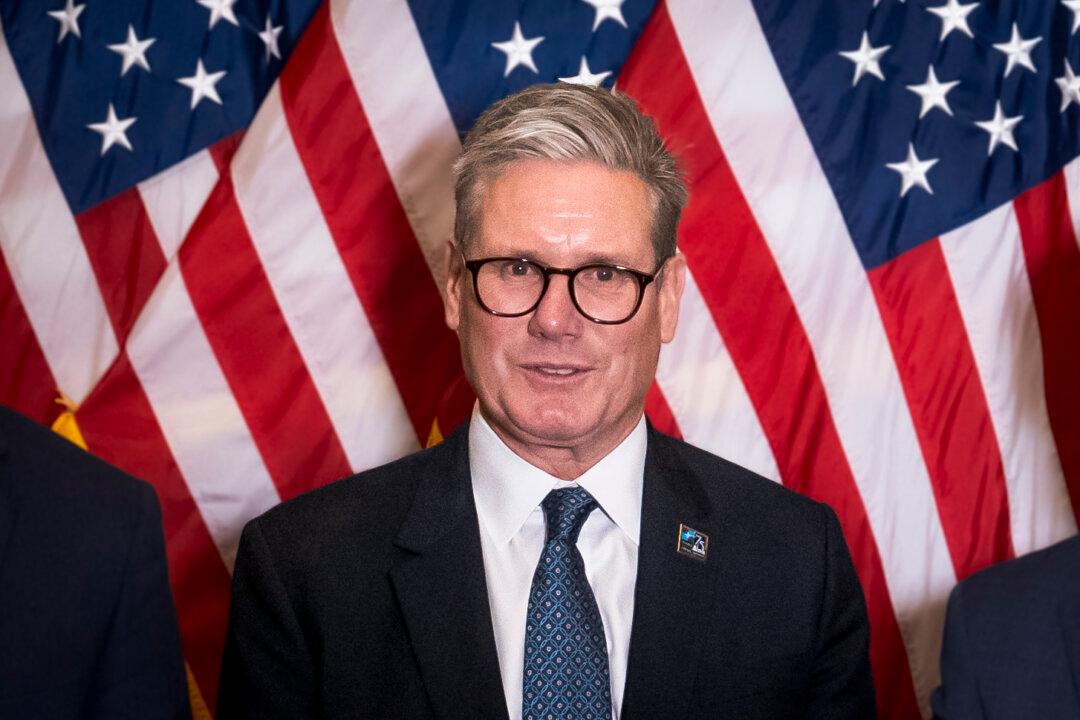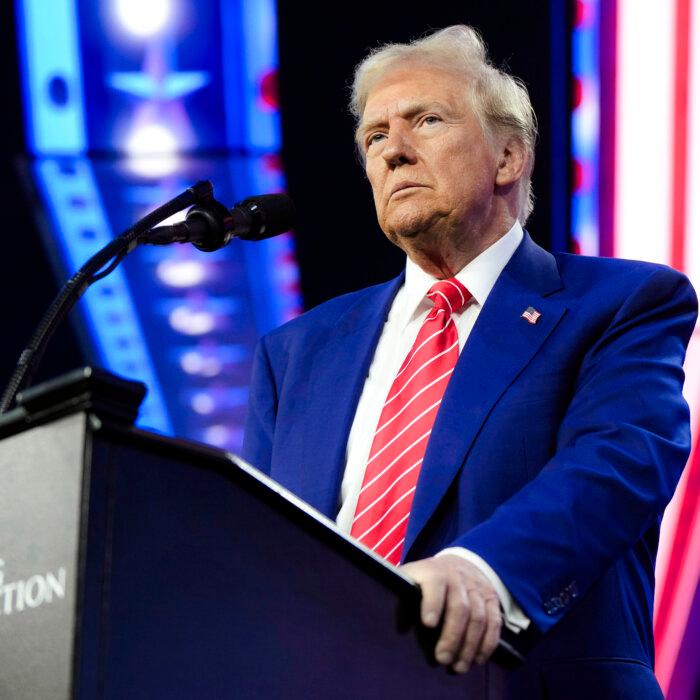British industry leaders and economists have urged the government to show flexibility and proactive engagement in its response to U.S. President Donald Trump’s latest announcement on tariffs.
Trump wishes to change the “unbalanced” trade with the U.S. foreign partners.
A memo on reciprocal trade and tariffs, signed by Trump on Thursday, aims to introduce tariffs on all other countries, mirroring levies imposed on American exports. These include tariffs imposed on United States goods, as well as VAT.
Trump is yet to clarify the exact measures with respect to each foreign trading partner, as his staff is expected to deliver a plan within 180 days.
The announcement has sparked debate in the UK about the likelihood and the impact of U.S. tariffs on British industries and economic growth, as well as the urgency of a swift response.
The British Chamber of Commerce (BCC) expects the new proposals to create “uncertainty” for investors, businesses and consumers. It urged the UK government to come up with “a flexible and agile” response.
“It is vital that the UK government does not get sucked into a trade war of tit-for-tat tariffs, which could easily spiral out of control,” said BCC Head of Trade Policy William Bain.
Britain must “make the most of the time available” and make alternative arrangements with the White House before it finalises the tariff policy, he added.
Analysts at Capital Economics acknowledge the uncertainty around the future of the U.S. tariff regime but suggest the “UK may get off more lightly” than the worst-case scenario of 20 percent levies on British exports to the United States.
The expectation of a 20 percent tariff is largely based on the UK’s VAT rate, which will be reviewed by the U.S. administration.
Chief economist at Capital Economics, Paul Dales, told The Epoch Times that previous estimates show that a 10 percent U.S. tariff could impact UK GDP by between -0.1 and +0.1 percent. The figure could change depending on the exchange rate and any UK retaliatory measures.
A 20 percent tariff would likely double this effect to between -0.2 and +0.2 percent, with the impact becoming larger and more negative as tariffs increase. There may also be a slight upward effect on UK inflation, said Dales.
UK Market
The White House announcement comes as UK businesses face a number of tax increases from April, including hikes in national insurance contributions and the National Living Wage and the reduction in business rates relief.With cost pressures ramping up and weakening business confidence, the BBC urged the UK and U.S. leaders to open negotiations and work towards a bilateral annual trade of £300 billion.
“Ministers must now leave no stone unturned in their quest to develop a robust economic environment to support high levels of employment, investment and growth,” said Bain.
He warned that failure to negotiate a tariffs deal with the United States will impact the UK automotive, pharmaceuticals, and food and drink sectors.
In 2023, pharmaceuticals accounted for 14.5 percent of UK goods exports to the United States; cars and power generation machinery slightly above 10 percent; while industrial machinery stood at 6.4 percent. Meanwhile, the UK runs trade surpluses in both pharmaceuticals and cars.
The UK aluminium industry has also voiced concerns over trade uncertainty, adding the sector is ill-prepared for U.S. tariffs, announced by Trump on Monday.
UK–US Relationship
The United States has previously said that its tariff policies are led by the ambition to reduce the national trade deficit and raise spending and employment.Britain is not among the countries that contribute to the U.S. trade deficit, and as such is considered by economists to be out of the immediate firing line.
The BCC also noted that UK services exports with the United States, which are far higher than goods exports, won’t be subject to U.S. tariffs, giving UK trade “a level of insulation.” However, the risk of supply chain disruptions and global retaliatory measures remains high, should the tariff wars kick off.
Capital Economics suggested that recent decisions by the UK leadership, aligning with Washington’s direction could keep Britain out “of the firing line.”
“The UK has perhaps shown its hand by not retaliating to the steel and aluminium tariffs (unlike the EU). And it sided with the US by refusing to sign the agreement at an AI summit.
“So it may mean it manages to secure carve-outs and doesn’t need to retaliate. Whether the UK will side with the U.S. rather than the EU on Ukraine is much less likely. It may be that both issues become tangled up,” said Dales.
The most recent discussion between Trump and Prime Minister Sir Keir Starmer took place on Thursday evening.
The two leaders discussed Starmer’s upcoming visit to the United States.
Downing Street, hosting Washington’s special envoy to the UK, said on Friday that Starmer and Mark Burnett discussed “the huge potential for even stronger collaboration on trade, tech and cultural matters” between the two nations.







